Top 10 Greatest Places To Live In Nigeria

When it comes to seeking an ideal residence in Nigeria, certain cities emerge as exceptional choices. These urban centers offer a high standard of living, bustling communities, and abundant prospects for their residents. In the following discourse, we'll delve into the top ten most coveted places to settle in Nigeria, elucidating the distinctive attributes that render each one an enviable home. Moreover, these locales present a diverse array of attractions for potential movers.
Whether your preferences lean towards temperate climes, picturesque landscapes, employment prospects, or economical living conditions, our curated list caters to every inclination. It's prudent to invest time in exploring these options to make an informed decision.
Greatest Places To Live In Nigeria
- LAGOS
- ABUJA
- IBADAN
- ABEOKUTA
- IFE
- ILORIN
- ABA
- ENUGU
- ADO-EKITI
- AKURE
1. Lagos
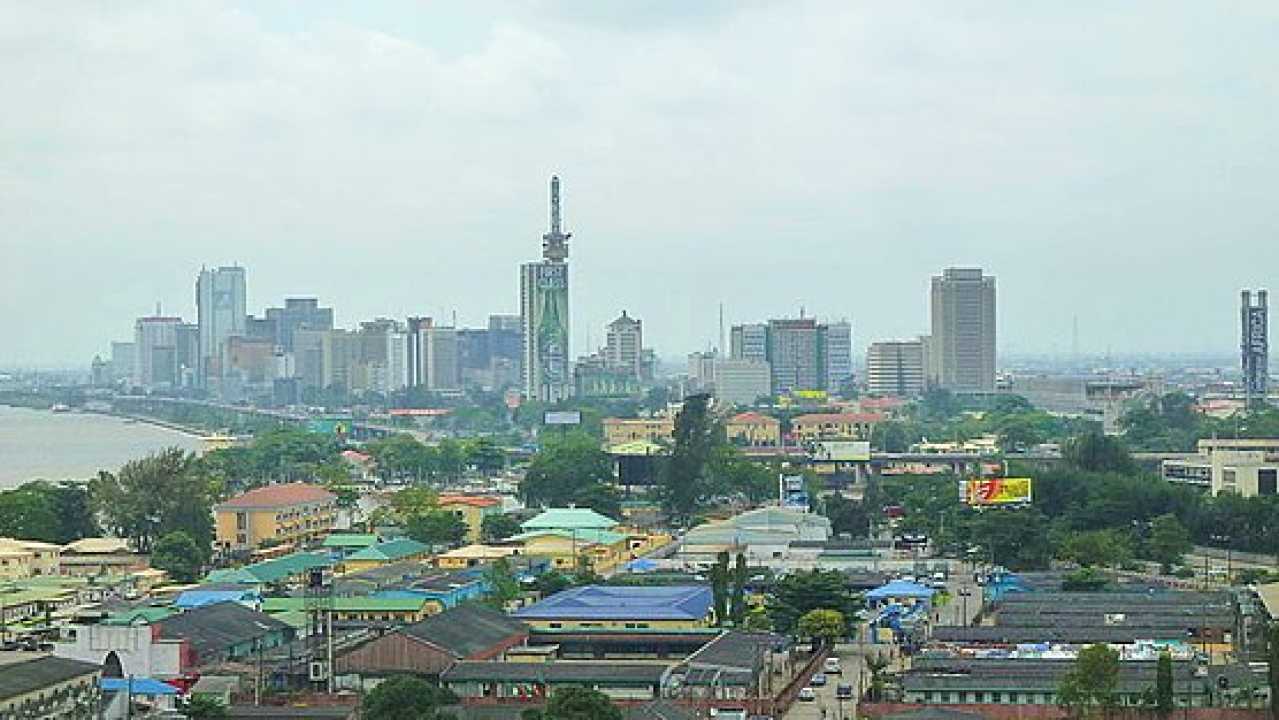
Lagos State, housing Nigeria's foremost city, Lagos, eclipses all as the paramount residential choice in the country. The city's tropical climate encompasses a rainy season from March to October, succeeded by a dry spell from November to February. June reigns as the wettest month, while January emerges as the driest.
Lagos commands a pivotal role in West Africa's film, music, and television industries, boasting a vibrant entertainment sector. The pharmaceutical industry, with a 60% share of Africa's production capacity, further underscores Lagos's economic significance. Notable establishments like the University of Lagos and Lagos State University enrich the educational landscape.
2. Abuja
Abuja, Nigeria's capital and eighth-largest city, is centrally situated in the Federal Capital Territory. Its climate, typified by tropical conditions, exhibits distinct rainy and dry seasons, with temperatures ranging from 15 to 40°C. The city's proximity to the Jos Plateau heightens its precipitation levels, impacting the climate.
READ ALSO » Best Places To Live In Florida 2024 (With Pictures): Top 10
Abuja's reputation for quality post-secondary education is upheld by esteemed institutions like the African University of Science and Technology, University of Abuja, and others. International schools augment the educational landscape, rendering Abuja an alluring prospect for families.
3. Ibadan
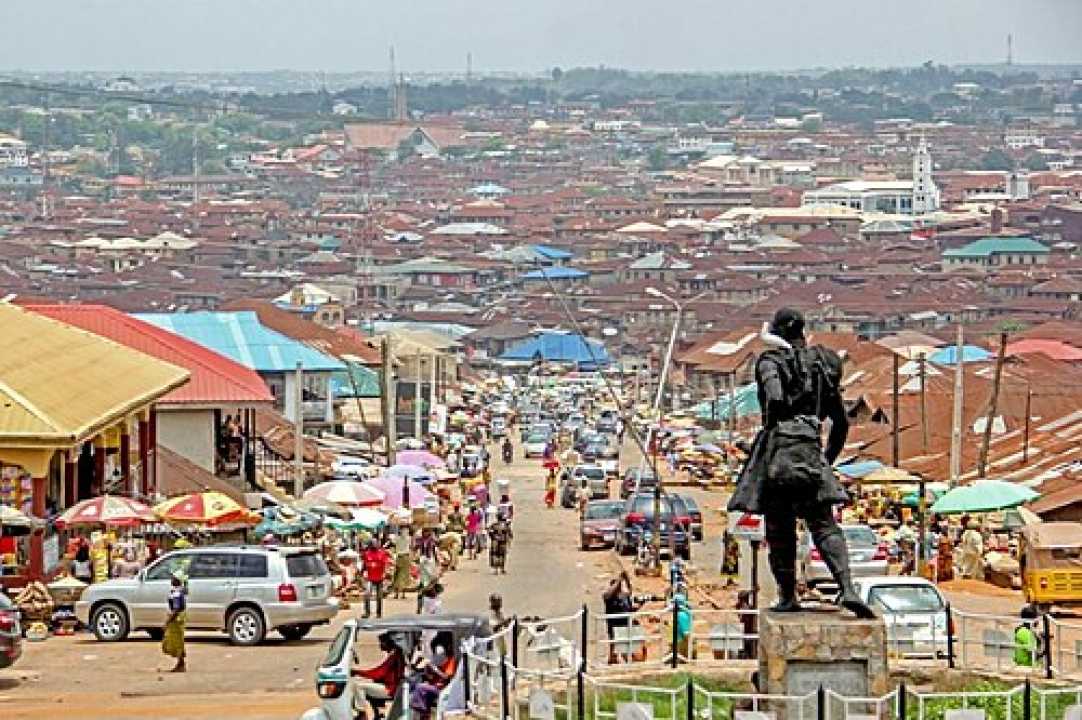
Ibadan, the sprawling capital of Oyo State, stands as a bustling metropolis with a population exceeding 6 million in its environs. Formerly Nigeria's largest city at independence in 1960, it retains its status as the third-largest urban center after Lagos and Kano. Its expansive land area and burgeoning tech startup scene affirm its dynamic growth.
The city boasts a vibrant nightlife scene with iconic venues like KOKO Dome tracing its roots back to the 1990s. Ibadan's climate is characterized by a rainy season from March to October, punctuated by a brief respite in August, followed by a dry season with the advent of harmattan in November.
Ibadan is distinguished by its educational prowess, hosting Nigeria's preeminent University of Ibadan. Noteworthy establishments like the University College Hospital and the International Institute of Tropical Agriculture underscore the city's intellectual vitality.
4. Abeokuta
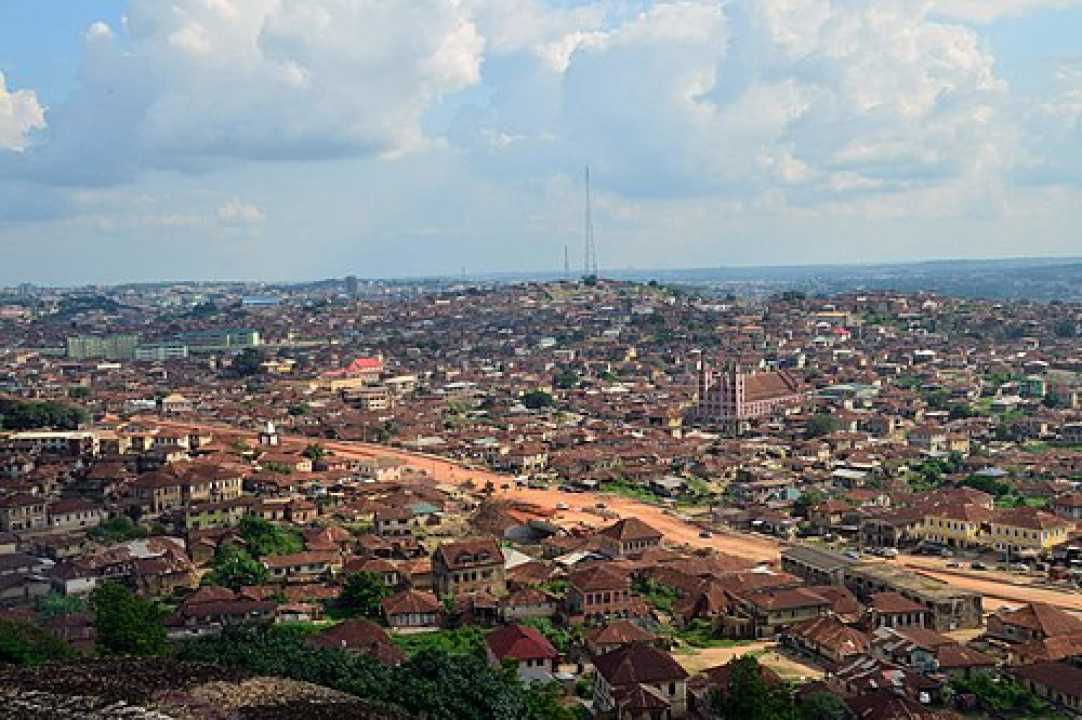
Abeokuta, the capital of Ogun State, occupies a strategic position on the east bank of the Ogun River, characterized by savanna terrain and rocky outcrops. Its population of around 449,088 residents benefits from a climate marked by distinct hot and cooler seasons.
The hottest period spans January to April, with March registering as the zenith, while a cooler phase extends from June to September, with August representing the nadir. Abeokuta's unique topography and climate contribute to its distinctive charm as a residential destination.
5. Ife

Ife, also known as Ilé-Ife, stands as one of Nigeria's most cherished residential locales. Situated in the southwest, this ancient Yoruba city in Osun State dates back to the 10th to 6th century BC. With over 500,000 inhabitants, it holds the distinction of being the most populous city in Osun State.
READ ALSO » Top 10 Great Places To Live In Ghana
Ife's global renown is anchored in its ancient sculptures crafted from bronze, stone, and terracotta, tracing back to 1200-1400 CE. The climate oscillates between a hot and muggy dry season and an oppressive, overcast wet season, with temperatures ranging from 66 to 93 degrees Fahrenheit.
Esteemed institutions like Obafemi Awolowo University and Oduduwa University grace Ife, while its agricultural productivity yields an array of crops like vegetables, cocoa, tobacco, and cotton. Vibrant markets like Oja Titun and Odo-gbe add to the city's economic vitality.
6. Ilorin

Ilorin, the capital of Kwara State in North Central Nigeria, houses around 777,667 inhabitants. The city boasts a blend of traditional dwellings and mosques, set against a backdrop of industrial and educational activity. Rainfall ranges from 39 to 52 inches annually, accompanied by hot temperatures.
Educational institutions like the University of Ilorin and Al-Hikmah University contribute to Ilorin's intellectual vibrancy. Healthcare and vocational training facilities further enhance its appeal as a residential destination.
7. Aba
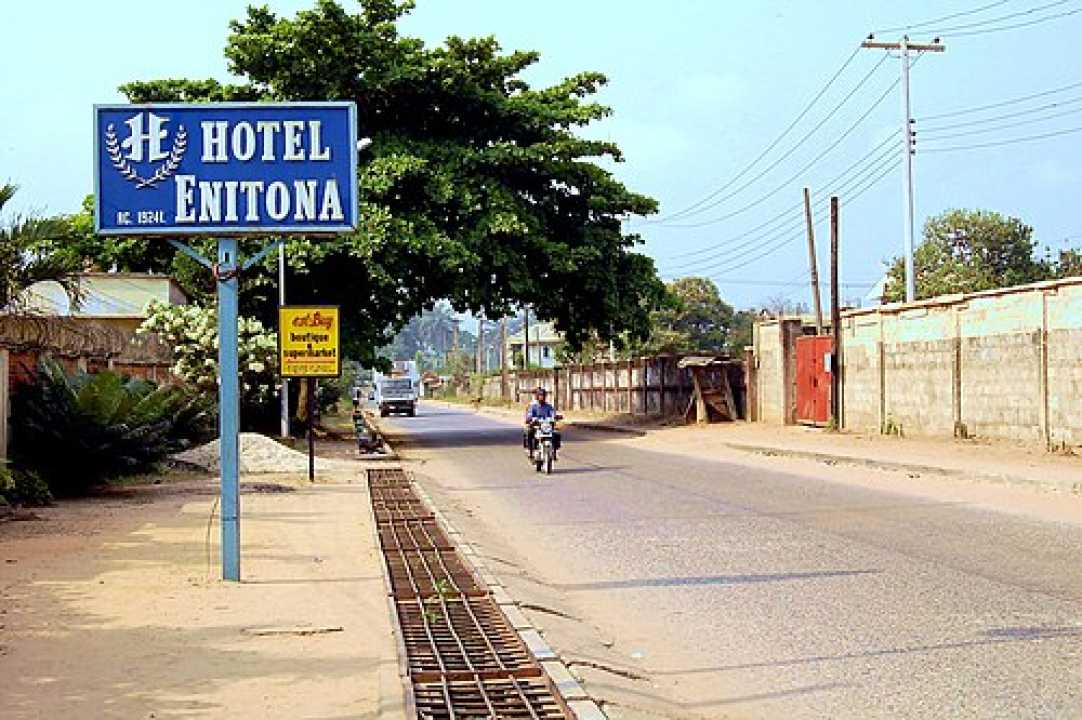
Aba, positioned in the southeast of Nigeria, serves as the primary commercial center of Abia State. With a population of approximately 2,534,265, it stands as the most populous city in Southeastern Nigeria. Aba's economy thrives on agriculture and skilled craftsmanship, with significant rainfall and a short dry season defining its climate.
8. Enugu
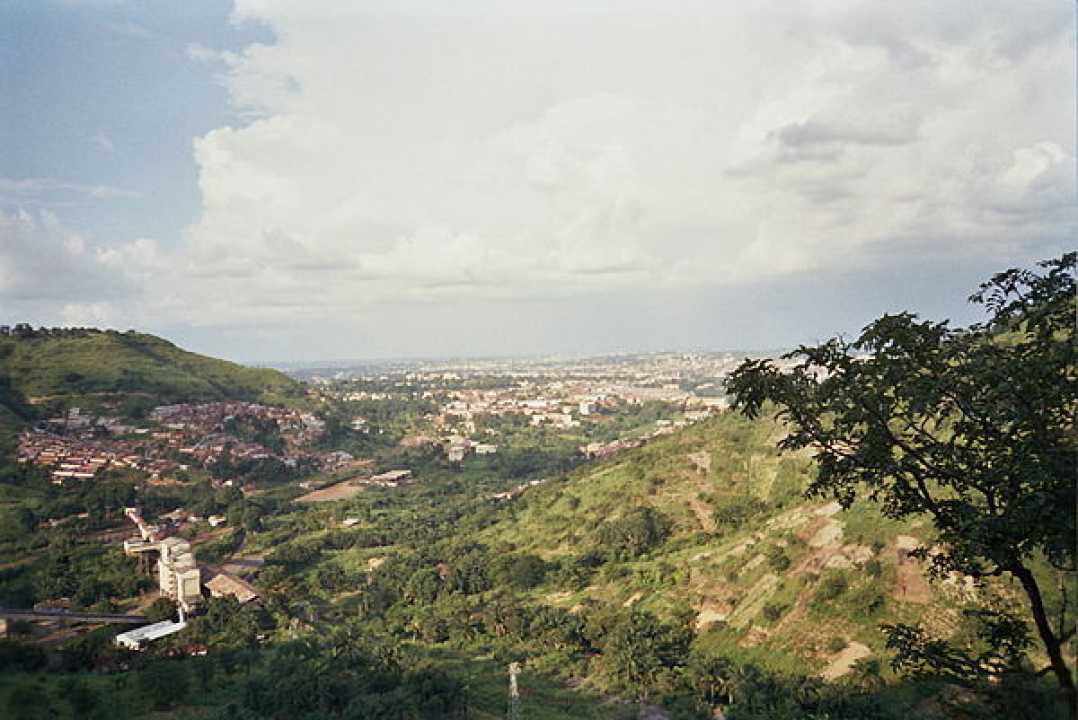
Enugu, the capital city of Enugu State in southeastern Nigeria, is home to approximately 820,000 residents. The city's name, derived from the Igbo language, translates to hilltop, reflecting its hilly terrain. Education is facilitated by institutions like Enugu State University of Science & Technology and the University of Nigeria.
The tropical savanna climate is characterized by high humidity from March to November, with an annual rainfall of about 2,000 millimeters. Educational institutions, media outlets, and healthcare facilities contribute to Enugu's allure as a residential hub.
9. Ado-Ekiti
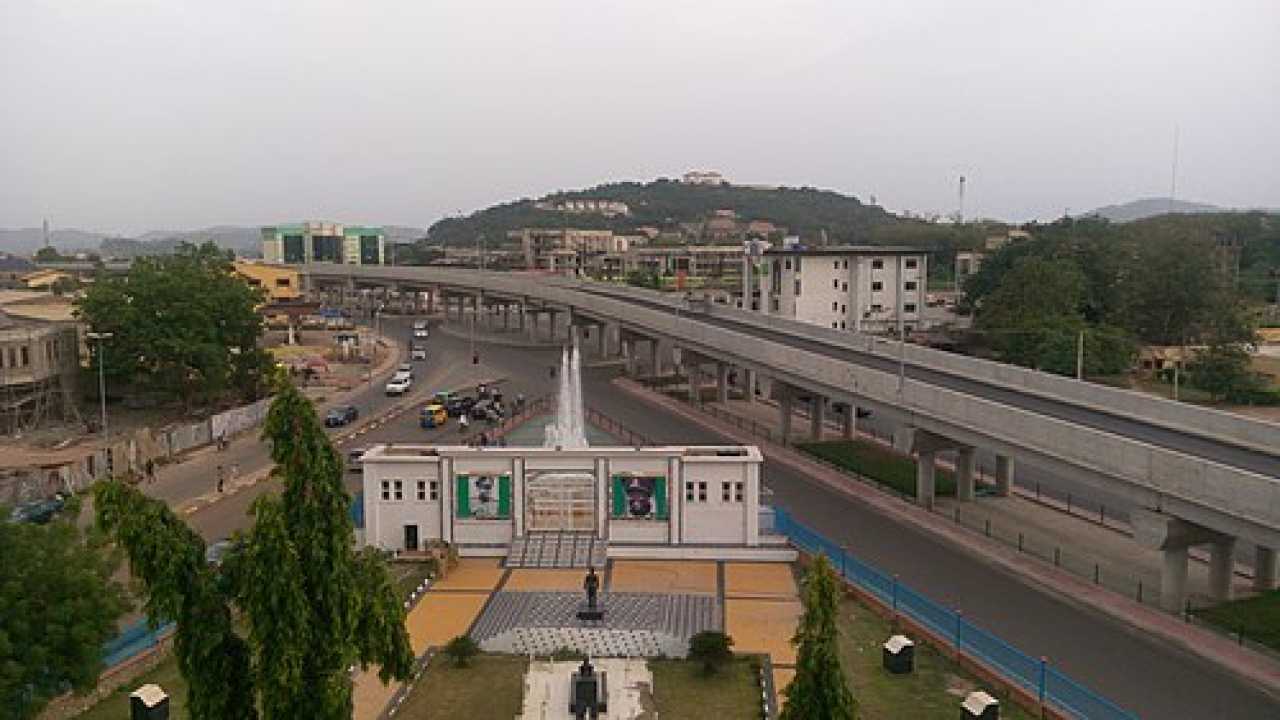
Ado-Ekiti, the capital of Ekiti State in southwest Nigeria, emerges as an appealing residential enclave. The city experiences two distinct climatic seasons, characterized by varying levels of humidity and cloud cover. The temperature range oscillates between 58 and 95 degrees Fahrenheit.
READ ALSO » Top 10 Cheapest Places To Live In Canada
Education flourishes with institutions like the University of Ado-Ekiti (now Ekiti State University) and Afe Babalola University. Local media stations include Nigeria Television Authority Ado Ekiti and Ekiti State Television. Ado-Ekiti's economic landscape thrives on agriculture, encompassing crops like yams, cassava, grain, tobacco, and cotton.
10. Akure
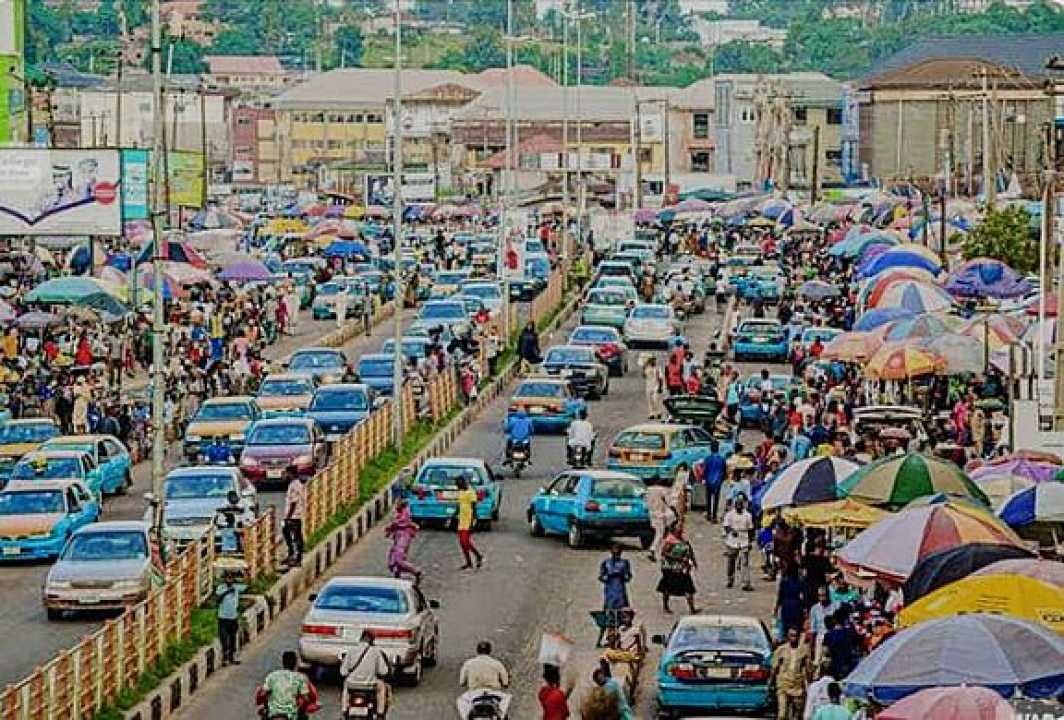
Nestled in the southwest region of Nigeria, Akure reigns as the capital of Ondo State, clinching the 10th spot on our list of premier residential destinations. Its population has burgeoned from 403,000 in 2006 to a current count of 774,000 denizens. Akure boasts a plethora of television and radio stations including NTA Akure, Ondo State Television, Sunshine Radio Akure, and others. The local economy thrives on the trade of agricultural produce such as cocoa, yam, cassava, maize, and tobacco, alongside the cultivation of staples like rice, beans, and millet. An annual trade fair organized by the Ondo State Agricultural Commodities Association further invigorates the economic landscape. Gastronomic options abound, with eateries like Chicken Republic, Tantalizers, and Captain Cook offering diverse culinary experiences.
Retail therapy is facilitated by prominent stores such as NAO, AFOYEM, and Shoprite mall. The climate tends towards warmth, with a pronounced hot season from late January to March, followed by a milder phase from mid-June to early October. Rainfall spans from February to November, with September registering as the wettest month. Conversely, the period from November to February is relatively dry, with January marking the driest stretch.
Healthcare needs are met by institutions like the state specialist hospital and private clinics. The educational landscape is robust, featuring institutions like the Federal University of Technology Akure and the Federal College of Agriculture. Noteworthy secondary schools include St. Thomas Aquinas College and Oyemekun Grammar School.
